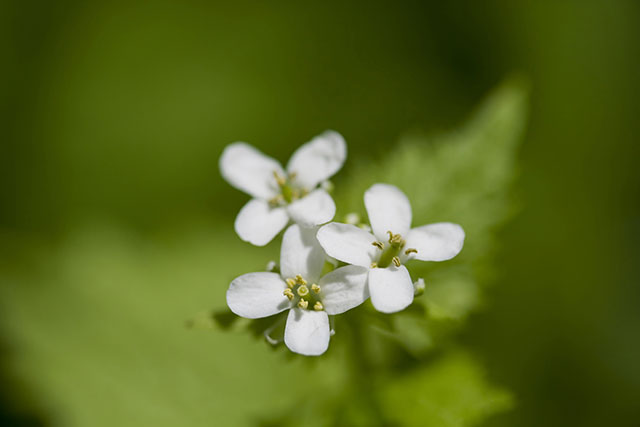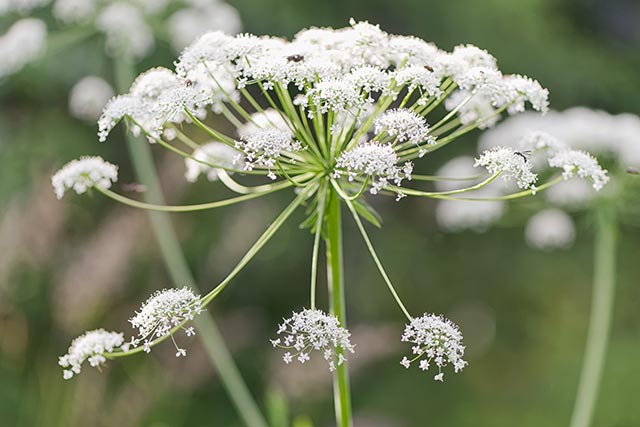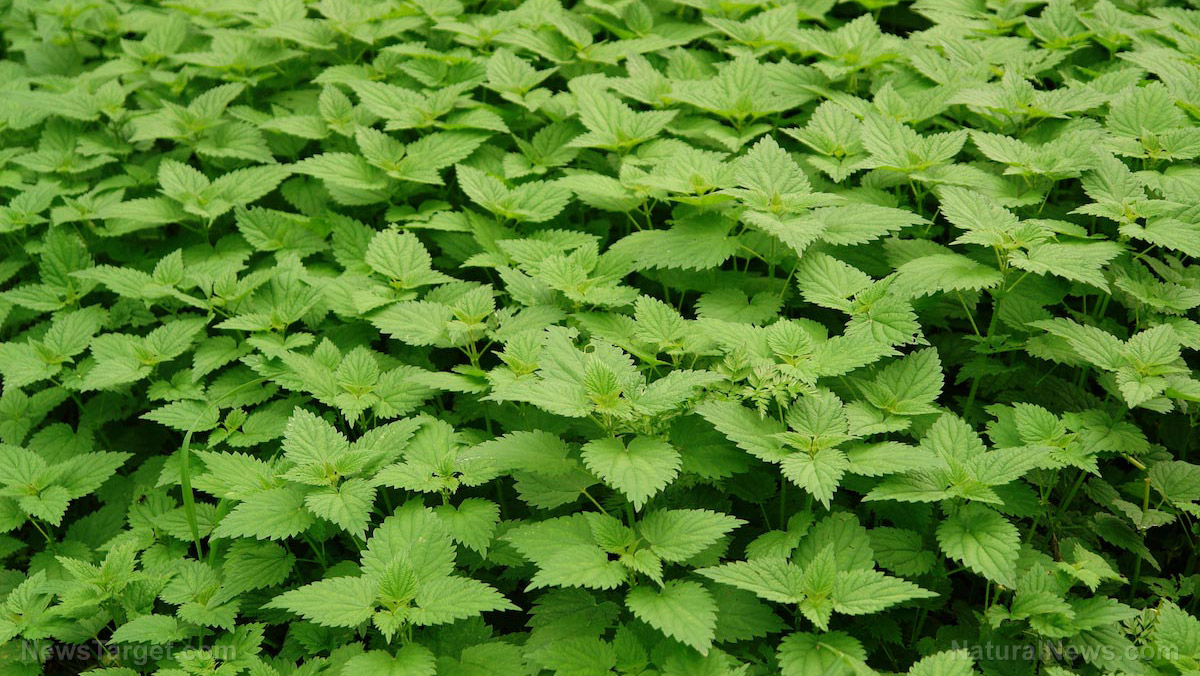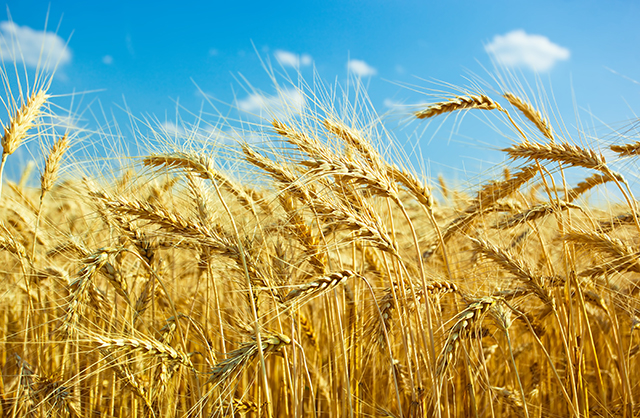Why you absolutely need this precious substance and how to work it into your daily routine: Antioxidants
11/03/2018 / By Vicki Batts

The aging process isn’t always kind. Whether it’s wrinkled skin, joint pain, or the finding that you can no longer enjoy your favorite foods without indigestion, the body has its way of letting us know we’re getting older. But as Derek Henry, founder of Healing The Body, explains in a new video on Brighteon.com, eating the right foods can help keep all the signs of aging at bay. In fact, Henry states, getting enough of the right nutrients can help prevent the oxidative damage associated with aging, cell damage, the break down of healthy tissue, DNA damage and immune system overload.
What nutrient can do all of this and more? Antioxidants, which are a class of nutrients found in a wide array of foods. As Healthline explains, antioxidants are essential for survival; without them, free radicals would overwhelm the body and destroy it.
All about antioxidants
Antioxidants are nutrients which neutralize free radicals. As Healthline.com notes, free radicals occur naturally in our bodies as a byproduct of cellular metabolism. Free radicals are electrically charged molecules that form within cells and can cause damage to other molecules. Antioxidants prevent this damage from occurring by giving the free radical an electron and neutralizing it.
Some free radical production is actually necessary. For example, the immune system actually uses free radicals as a weapon against pathogens, so the balance between free radicals and antioxidants is delicate. Many things in our environment can throw this balance off, and set the stage for disease.
As Derek Henry contends, “Simply speaking, antioxidants are free radical scavengers. They help clean up and protect the body from damage incurred by a poor diet, smoking, medications, chemical exposure, stress, and various other toxic exposures.”
This also includes diet: Whether it’s simply not getting enough antioxidant nutrients from food, or eating processed junk that increases inflammation and other issues, diet is a major player when it comes to overall health. Despite the significance of food in health, diet remains an under-appreciated (and under-utilized) tool in modern healthcare.
Increasing antioxidant intake
The standard Western diet is, unsurprisingly, a leading cause of disease and illness. A diet of meats, grains and processed foods is woefully lacking in key plant nutrients — including antioxidants. While all foods contain antioxidants, plant-based foods are some of the best sources of antioxidants and other beneficial compounds.
As Derek Henry states in his video, some foods that contain large amounts of antioxidants include: Goji berries, dark chocolate, pecans, elderberries, blueberries, cranberries, artichokes, kidney beans, blackberries and cilantro. But really, any fruit or vegetable is going to contain a notable amount of antioxidant nutrients from which you will benefit. As they say, getting your nutrition from every color in the rainbow is the best way to help ensure a balanced diet.
Henry notes further that there are also an array of supplements one can choose from. Some nutrients, like vitamin C and E, also display antioxidant activity and are essential for good health. Vitamin C promotes a healthy immune system, while vitamin E works to neutralize free radicals.
There’s also CoQ10, alpha lipoic acid and glutathione, all of which are essential to the body. CoQ10, Henry explains, is “a vital enzyme antioxidant that is within the mitochondria, CoQ10 regenerates other antioxidants such as vitamin E. It is helpful in all areas, but especially in support of the kidneys, liver, gums and heart.”
Alpha lipoic acid is considered a “universal nutrient” because it is both fat and water-soluble, and is “400 times stronger” that vitamins C and E combined. Glutathione is a nutrient found within cells, and helps your body capitalize on the benefits of other antioxidants. It’s also considered to be the body’s “master antioxidant,” and is even linked to the prevention of autoimmune disease.
You can learn more about the healing power of antioxidant-rich foods at Antioxidants.news.
Sources for this article include:
Tagged Under: antioxidants, healthy eating, medicinal food, nutrients, nutrition, phytonutrients, prevention


















